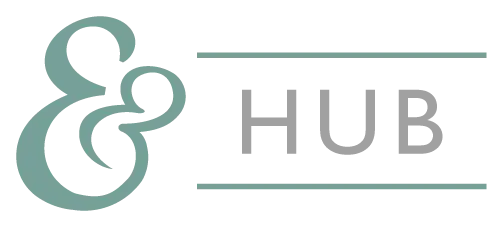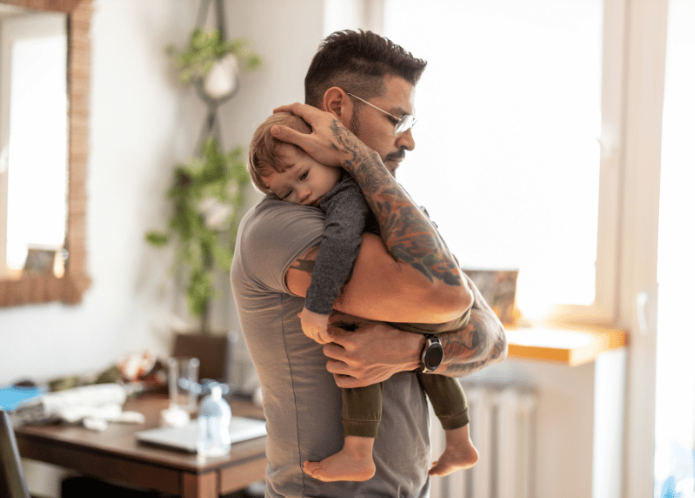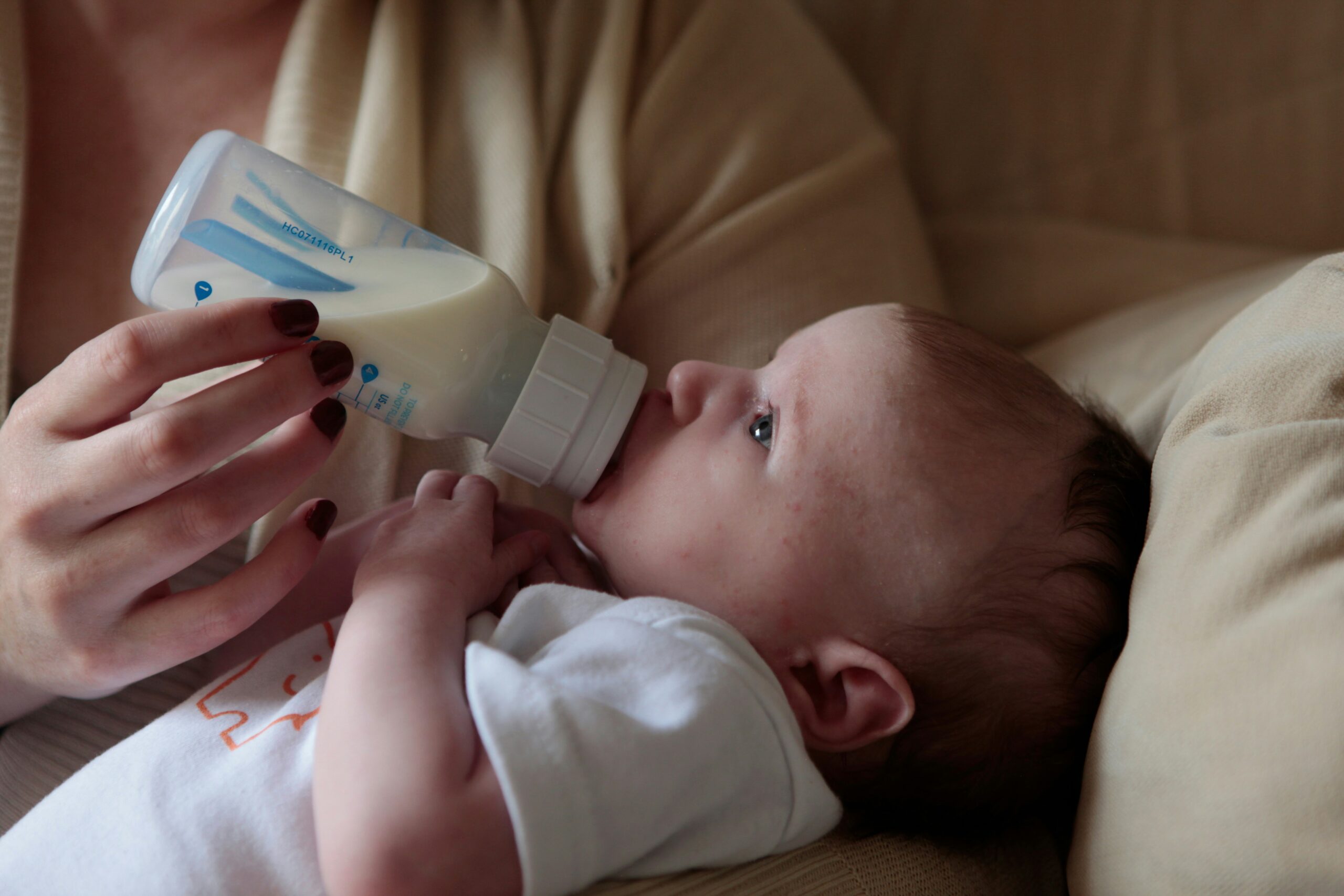When I was in my late 20s and my grandmother was around 80, I tagged along with her to hit a few tennis balls. She still played doubles and had always hoped I would learn to play tennis. A lifelong sport, she called it, and by that age was proving it on a weekly basis.
She must have thought I was athletic enough to pick it up quickly. She wasn’t wrong about a lot, but boy she must have regretted this outing. I shanked balls left and right and over the fence. After emptying a basket she told me she’d only play with me again after I took a few lessons. Lesson one was just as disastrous as my time on the court with her. It was frustrating and uncomfortable, and honestly, humiliating. I never tried again.
I tell this story because I think this is what happens to many people with meditation. Sitting in stillness, trying to focus on your breath or a mantra for a period of time, is difficult. It’s not something you can learn in one try. And in a world where we’re used to relatively instant gratification, a mindfulness practice is anything but instant.
Meditation as a practice
I like to talk about meditation in the context of a practice or a routine or an exercise. To approach it this way feels less intimidating when my body is stiff and I feel fidgety and I just can’t stop thinking about who will manage childcare dropoff next week and whether we should switch pediatricians and what else did I need to add to our grocery list.
There are days the practice doesn’t go well! But the goal isn’t to have a clear mind for 10 minutes or 30 minutes or even an hour. Showing up to practice, sitting with myself, exercising the muscle of focused attention, is the aim.
Why practice?
So what’s the point of showing up to a meditation practice? The benefits of mindfulness training and meditation are documented in numerous studies and include improved attention and self regulation, stress and anxiety reduction, and even reduced blood pressure.
As a new parent, I grappled with the mental strain of learning new skills, the physical burden of caretaking a dependent baby, and the emotional struggle of evolving my own identity. My stress levels had never been higher, and the need for me to self-regulate had never been so critical.
Plus, in life in general, but especially with young kids, I want to be present. I want to cultivate the skill of paying attention, of feeling uncomfortable or a little bored and not immediately pulling out my phone or mentally checking out. Not solely for the benefit of our relationship, but also as a model for my kids.
Meditation as a parent
One of my meditation teachers once said: Practice doesn’t make perfect, practice makes permanent. Which is to say, whatever we do on a regular basis, whether it’s intentional or not, becomes our habit.
I want to be able to respond to my children and my partner intentionally, not reactively. And practicing mindfulness when the stakes are relatively low, like in meditation, is one of the easier ways to make intentional responses more habitual. I also want to be better at tuning out the distractions that are so easy to indulge – a work message, social media, a TV show, the news – and focus on the people I’m with in the moment, especially my kids.
Like parenthood, meditation reminds me that I will not be perfect. There is no state of permanent nirvana or a perfect relationship with my child to be achieved. And when I can accept that I’m on an imperfect journey, it’s easier to get back on the path when I veer off. That might mean coming back to my breath in meditation, leaving my phone in the other room, or apologizing to my kid for losing my cool.
So if the idea of sitting with your legs crossed in an impossible pose for an hour a day has left you thinking that meditation is not for you, I’m happy to tell you that it doesn’t have to be that complicated! Start with short meditations – even five or ten minutes is enough time. And don’t go it alone. Guided meditations are amazing tools to get started, or get back on track, with a meditation practice.
This article was written for Work & Mother by Carly Curran. Carly is a copywriter, yoga instructor and product manager in Houston, TX. For discounts and member exclusives on Calm, the #1 meditation app, visit our Shop and Tenant Log-In pages.



